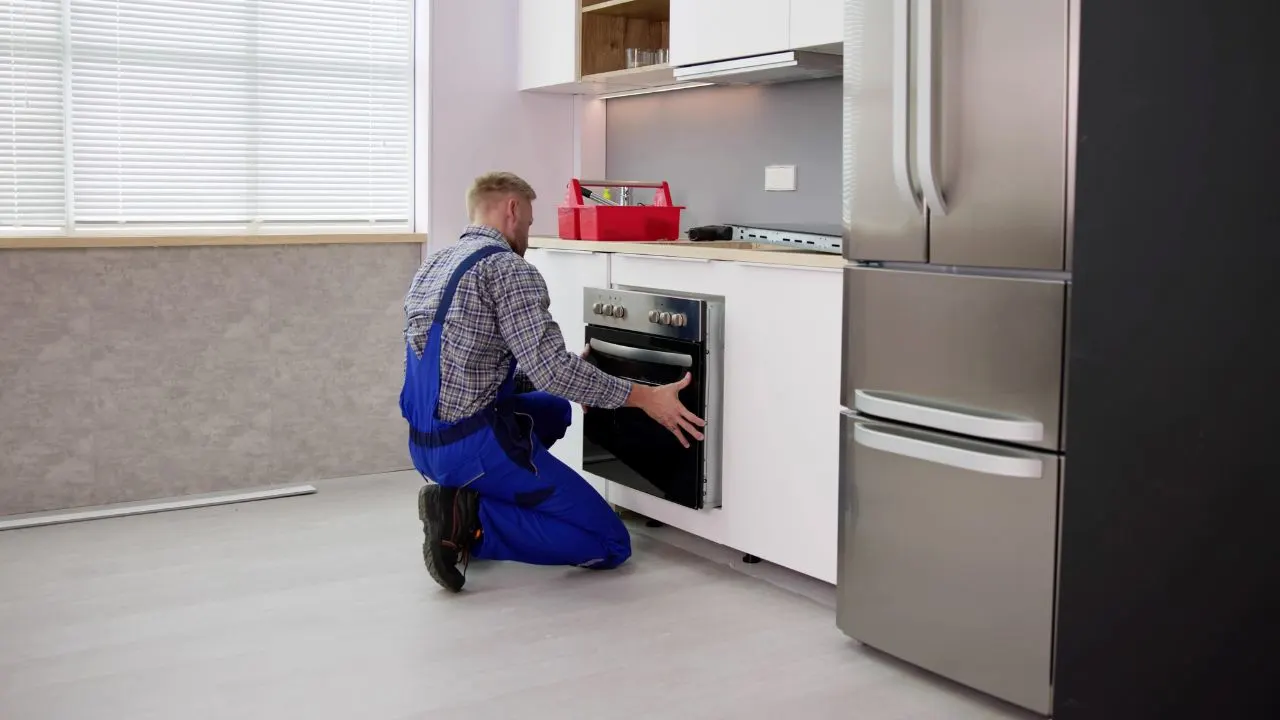
Top 10 Tips for Maintaining Your Home Appliances to Avoid Repairs
In every home, appliances are the unsung heroes that make life easier—until they start acting up. A little neglect here or a missed routine there can lead to expensive repairs or unexpected breakdowns. If you’d rather invest in preventive care than pay for emergency fixes, this guide is for you. From smart cleaning habits to subtle maintenance tricks, we’ve compiled our top 10 tips to help you extend the life of your appliances and keep them humming along. For even more expert advice, Click here.
Tip 1: Clean Regularly, Not Just When It’s Messy
Routine cleaning is the cornerstone of appliance longevity. Dust, grease, and food residue can build up over time and cause parts to work harder than they should. Make it a habit to wipe down surfaces, clean filters, and remove buildup from vents. For example, your refrigerator’s coils need a dusting every few months, and your oven benefits from a gentle cleaning after heavy use.
Tip 2: Follow the Manufacturer’s Manual
It might seem obvious, but the appliance manual is a treasure trove of maintenance tips. From recommended cleaning schedules to parts that need periodic replacement, the manual is designed to help you keep the machine in tip-top shape. Don’t skip those fine print instructions—your warranty might depend on it!
Tip 3: Inspect and Replace Filters Frequently
Whether it’s the air filter in your HVAC system, the water filter in your refrigerator, or the lint filter in your dryer, filters play a crucial role in appliance performance. Clogged filters make systems work overtime, which can lead to wear and tear or even energy inefficiency. Mark your calendar for regular filter checks and replacements to ensure optimal performance.
Tip 4: Keep an Eye on Temperature Settings
Appliances like refrigerators, ovens, and water heaters work best when their temperature settings are within the manufacturer’s recommended range. A fridge that’s too cold can freeze food and damage internal components, while an oven set too high may shorten its lifespan. Regularly calibrate these settings to avoid unnecessary strain.
Tip 5: Lubricate Moving Parts
Many appliances have moving parts—like the drum in a washing machine or the hinge of a dishwasher door—that benefit from occasional lubrication. Using the correct lubricant (as specified in the manual) can reduce friction and prevent premature wear. This simple step can make a significant difference in keeping your machine running smoothly.
Tip 6: Avoid Overloading Your Appliances
Overloading is one of the quickest routes to appliance failure. Whether it’s stuffing too many clothes in the washer or overfilling your dishwasher, pushing an appliance beyond its capacity can strain its components. Follow the manufacturer’s guidelines on load sizes to ensure that your machines work efficiently and last longer.
Tip 7: Listen to Unusual Sounds and Smells
Your appliances often give subtle hints when something’s not right. A strange grinding noise from your dryer, a burning smell in your microwave, or an irregular hum in your refrigerator can be early warning signs of a problem. Don’t ignore these signals—investigate promptly or consult a professional if the issue persists.
Tip 8: Schedule Professional Check-Ups
Even with diligent daily care, there are times when a professional eye is needed. Annual or biannual maintenance visits from a certified technician can catch problems before they escalate. These check-ups not only prolong the life of your appliances but also ensure they operate safely and efficiently.
Tip 9: Use Energy-Efficient Settings
Many modern appliances come with energy-saving modes that reduce wear by operating at lower intensities. For instance, using eco modes on washing machines and dishwashers can lessen the strain on motors and pumps. While these settings might slightly extend cycle times, the reduced load can lead to a longer lifespan and lower energy bills.
Tip 10: Don’t Hesitate to Read Reviews and Seek Advice
When it comes time to invest in repair or replacement parts, take advantage of online reviews and expert forums. Learning from the experiences of others can help you avoid common pitfalls and choose quality components. Whether you’re ordering a replacement filter or a new part for a malfunctioning motor, informed decisions go a long way toward maintaining your appliance’s performance.
Regular upkeep and mindful operation are the keys to keeping your home appliances running smoothly. By integrating these 10 practical tips into your routine, you can reduce the risk of unexpected breakdowns and extend the life of your valuable machines. With a bit of effort upfront, you’ll save time, money, and the stress of emergency repairs later on—leaving you free to enjoy the comfort and convenience that well-maintained appliances bring to your everyday life.
While preparing for CELPIP, managing your daily life efficiently helps you stay focused. Check out our CELPIP Listening Tips to maximize your practice routine











